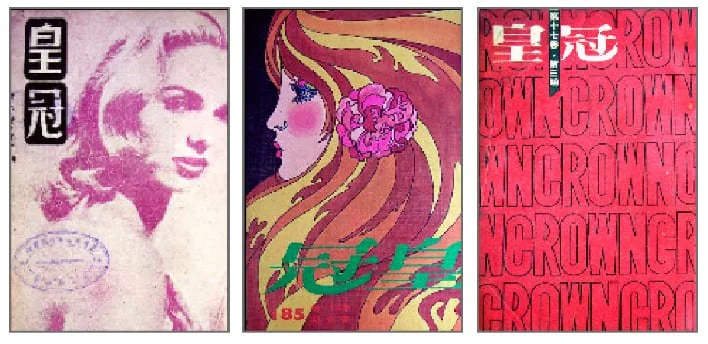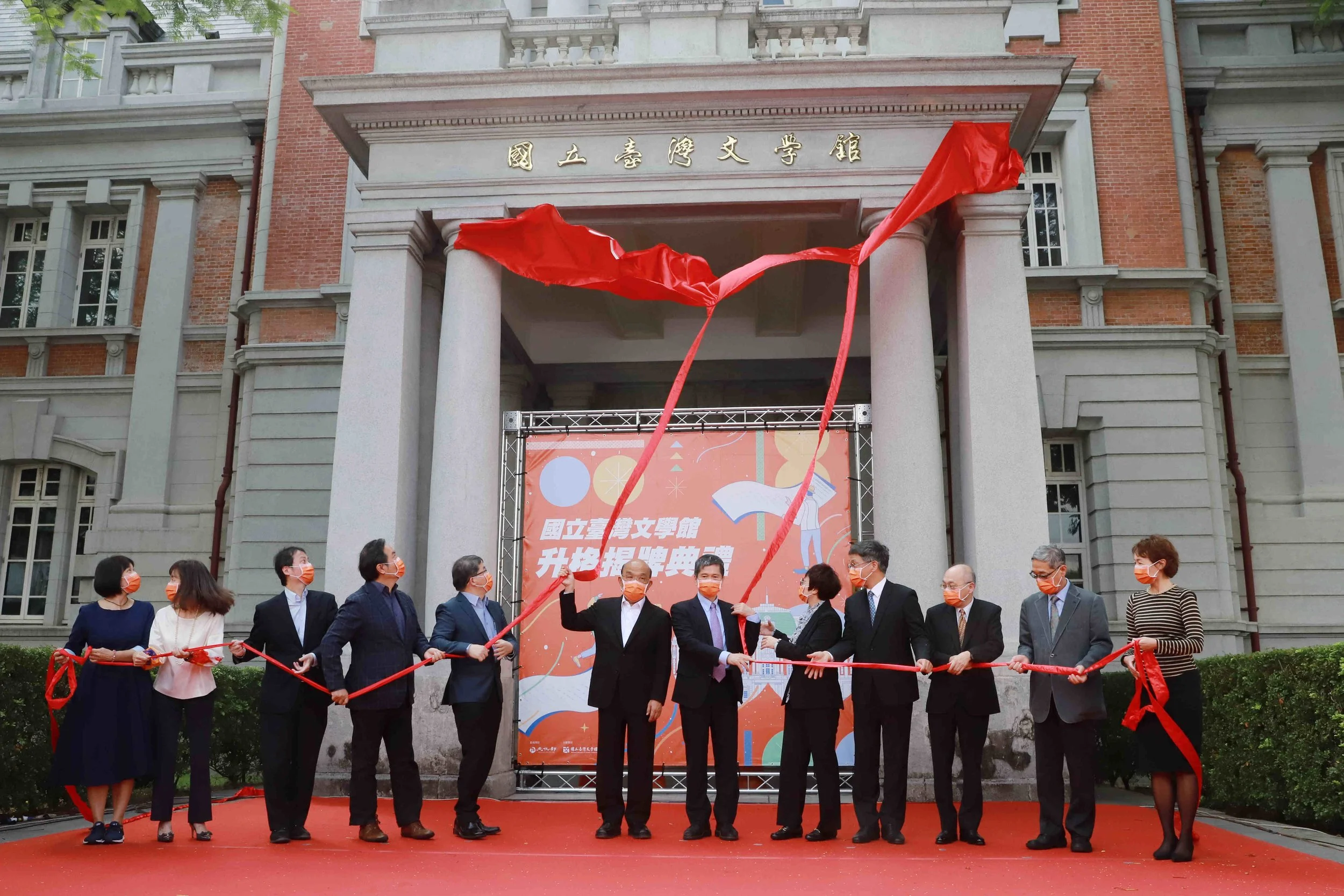The 1950s Taiwan was commonly known as an era of political suppression. Yet, elements of Taiwanese culture flourished during this period, paving the way for the growth of Taiwan’s entertainment industry. This article considers the role of radio and magazine in giving a “voice” to Taiwanese society under martial law.
The Taiwan Gazette translates and publishes original reporting from Taiwan, Hong Kong and China. Our goal with the platform is simple: We want original reporting from the Sinosphere to have a wider impact on global civil society.







